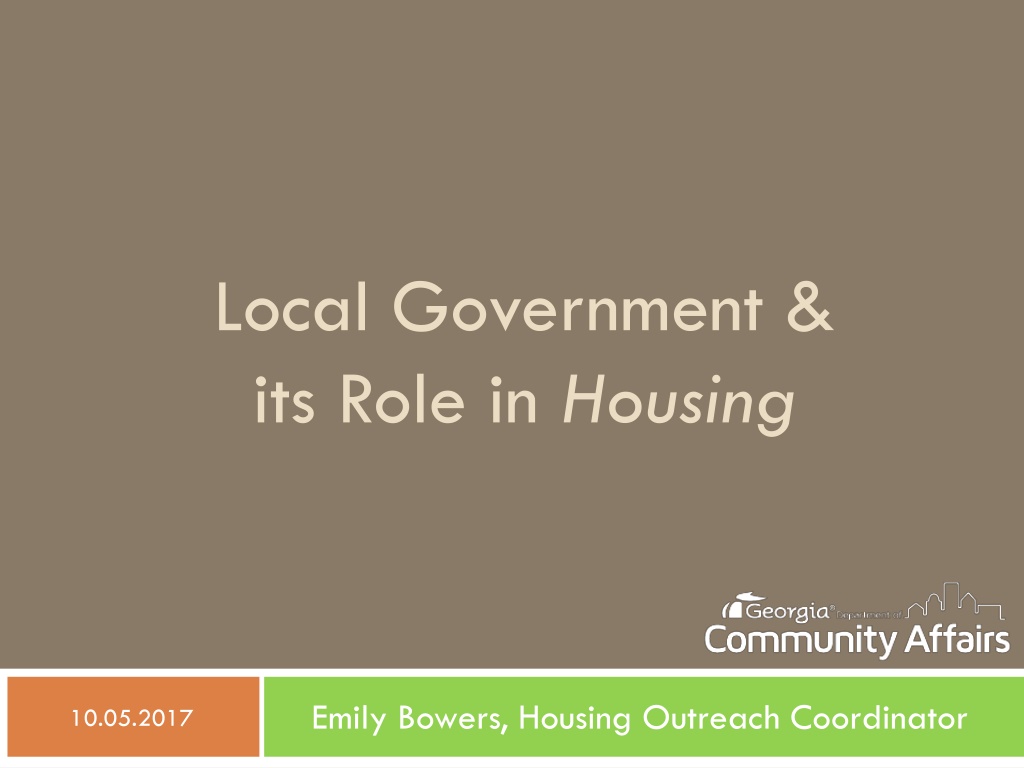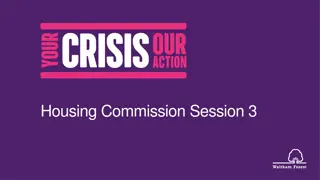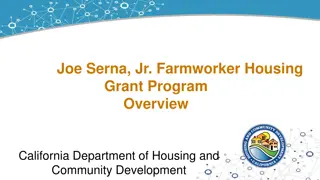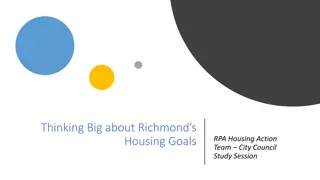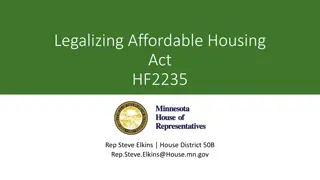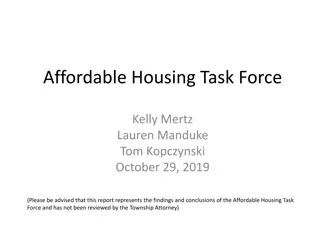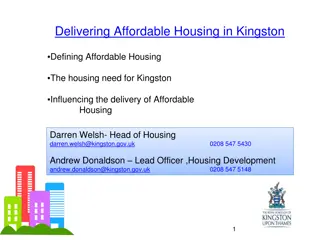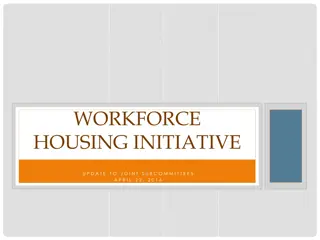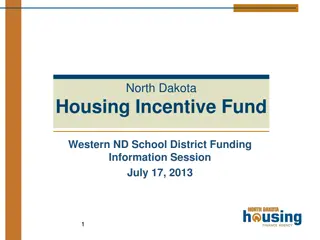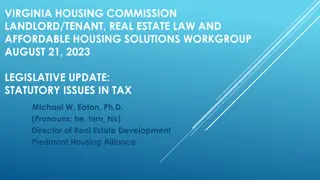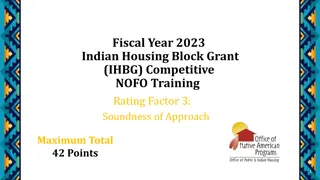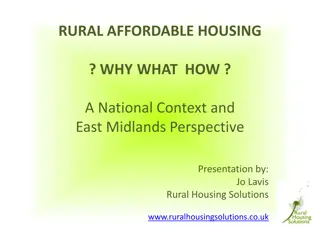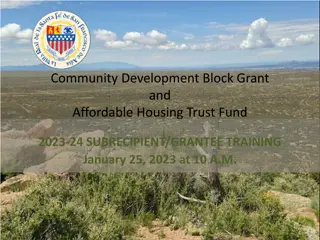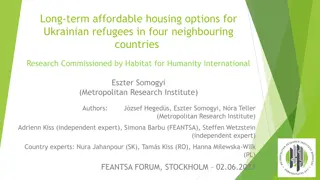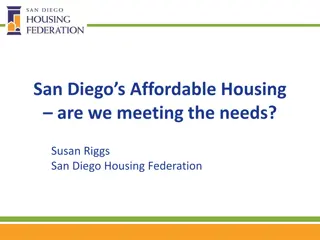Role of Local Government in Affordable Housing Initiatives
Exploring the critical role of local government in addressing affordable housing challenges, this content delves into the importance of needs-based assessment, community engagement, and facilitation strategies such as the CHIP and GICH programs in Georgia. It emphasizes the necessity of understanding and meeting the housing needs of constituents through open communication and collaborative efforts with various stakeholders.
Download Presentation

Please find below an Image/Link to download the presentation.
The content on the website is provided AS IS for your information and personal use only. It may not be sold, licensed, or shared on other websites without obtaining consent from the author.If you encounter any issues during the download, it is possible that the publisher has removed the file from their server.
You are allowed to download the files provided on this website for personal or commercial use, subject to the condition that they are used lawfully. All files are the property of their respective owners.
The content on the website is provided AS IS for your information and personal use only. It may not be sold, licensed, or shared on other websites without obtaining consent from the author.
E N D
Presentation Transcript
Local Government & its Role in Housing Emily Bowers, Housing Outreach Coordinator 10.05.2017
Does Georgia have an issue with Affordable Housing? 93 Work Hours Per Week At Minimum Wage To Afford a 2-Bedroom Rental Home (at FMR) 79 Work Hours Per Week At Minimum Wage To Afford a 1-Bedroom Rental Home (at FMR) 2.3 Number of Full-Time Jobs At Minimum Wage To Afford a 2-Bedroom Rental Home (at FMR) 2 Number of Full-Time Jobs At Minimum Wage To Afford a 1-Bedroom Rental Home (at FMR) - Out of Reach, The High Cost of Housing 2017. National Low Income Housing Coalition
Needs based Assessment: Hearing the Needs of your Community Create a Community Vision: Speak with local residents, religious affiliates, the school system, and other community members to establish a vision that reflects the pulse of your constituents. Conduct a Housing Assessment: Programs like the Georgia Initiative for Community Housing (GICH) walk communities through drafting a tailored housing assessment for their individual needs. Record Data: Yearly incomes, the number of individuals who rent vs. own, and details such as unemployment and graduation rates all produce information that reflects your communities housing climate.
Local Engagement: Open Communication for the Benefit of Constituents Building sustainable cities - and a sustainable future - will need open dialogue among all branches of national, regional and local government. And it will need the engagement of all stakeholders - including the private sector and civil society, and especially the poor and marginalized Ban Ki-moon, Former Secretary-General of the United Nations
Public Engagement: the Conduit for Understanding your Constituents Before any local government can have a role with housing, they must first understand the needs & desires of its constituents. Create surveys for your community and ask for input for some, having an anonymous outlet is preferred. Consult local nonprofit organizations for data and expertise. Work with the local City Council and plan listening sessions and public meetings. Utilize institutions and meetings that already exist to gauge community opinion, i.e. PTA meetings.
Facilitation: Putting Knowledge, Public Opinion, and Needs to work CHIP: Community HOME Investment Program for rehabilitation of owner occupied homes. CDBG: Community Development Block Grant for revitalization of infrastructure as well as aging households. GeorgiaDREAM: Provides first mortgage loans, down payment assistance, and first time home buyer education. Production of affordable units, either single or multifamily, through partnerships with other entities such as private sector or nonprofit organizations. GICH: Georgia Initiative for Community Housing for a hands on, 360 degree approach to housing needs, i.e. work plan
Thank you! Emily Bowers emily.bowers@dca.ga.gov (404) 381-7204
